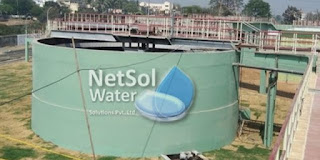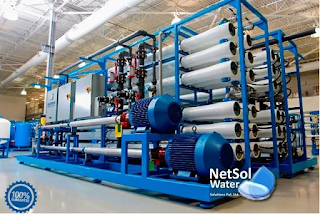Who Are The best Commercial RO Plant Manufacturers In India ?
Commercial RO Plant Manufacturers invest in cutting-edge engineering to constantly develop creative solutions that improve a variety of sectors. As more businesses become aware of how water filtering affects their operations, the market is expanding. While researching the impacts & effects on the big industry, experimenters or researchers definitely point out for the brand demand & presence, their savvy, & support system quality by the major contributors as profitable Commercial RO Plant Manufacturers , among them is Commercial RO Factory. Resonating Commercial RO Plant Facilities Commercial RO plants are large-scale water purifying systems which implement reverse osmosis-engineered technology with the integration of definite purifying thin membranes, these plants can actually dig out toxins as dangerous contaminants, & excess of salts from water. The process yields pure water that has several practical applications. For businesses, especially at the commercial ...



